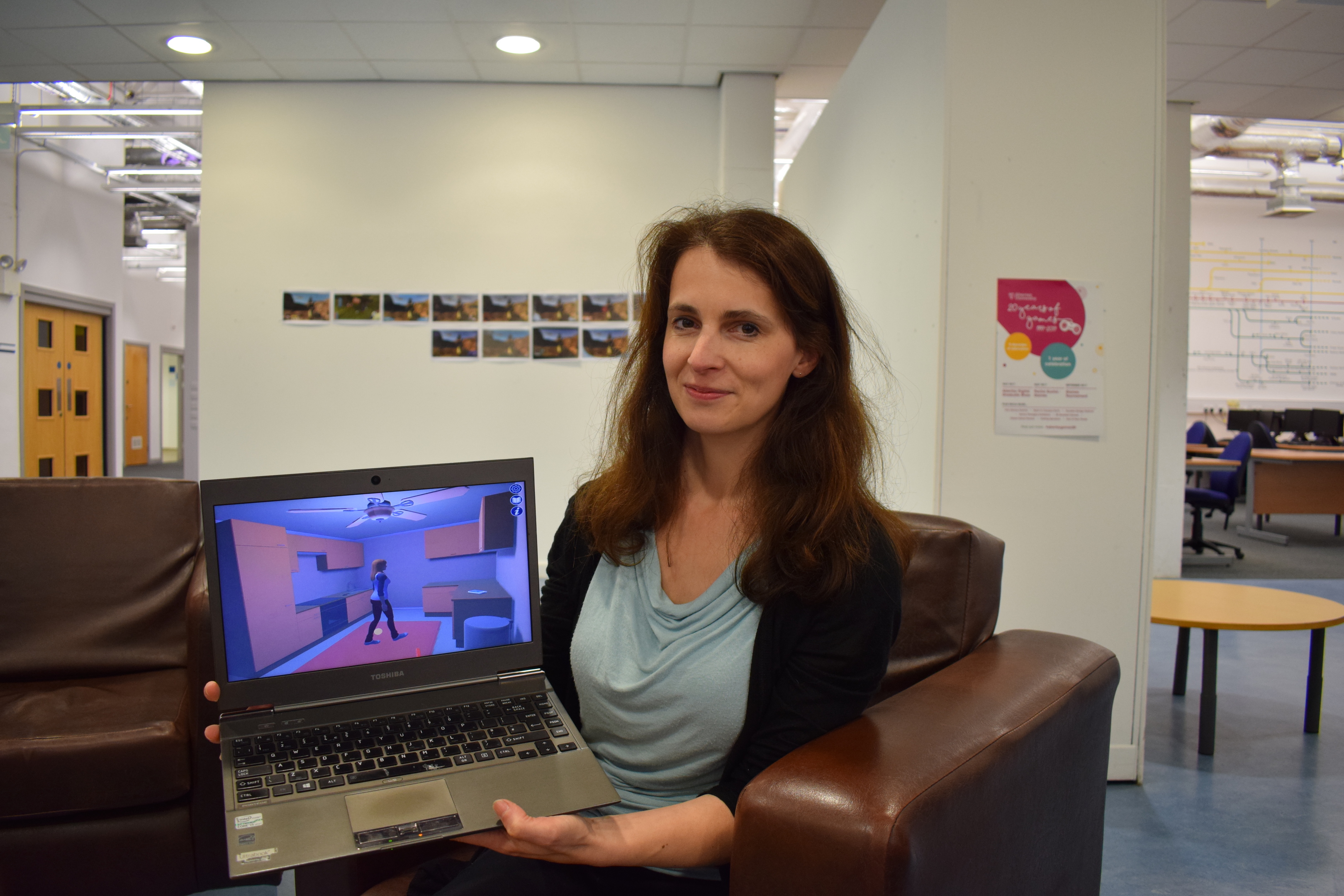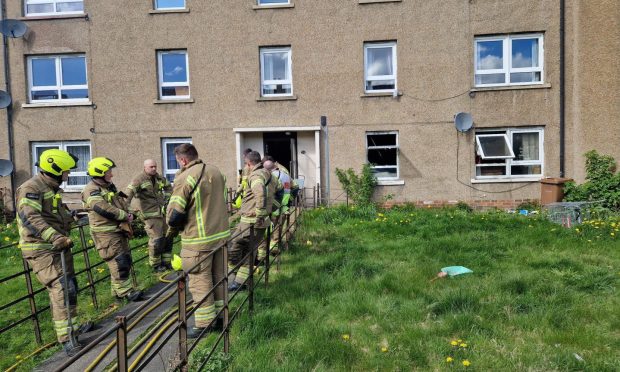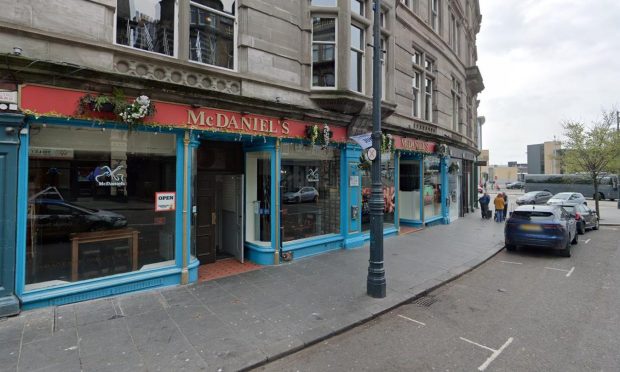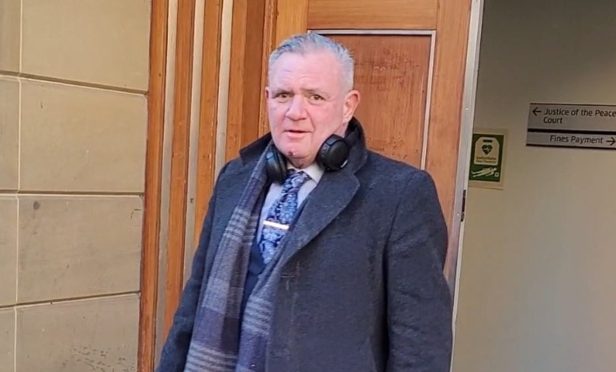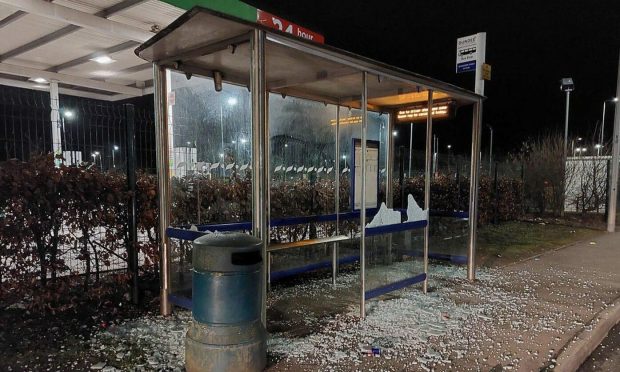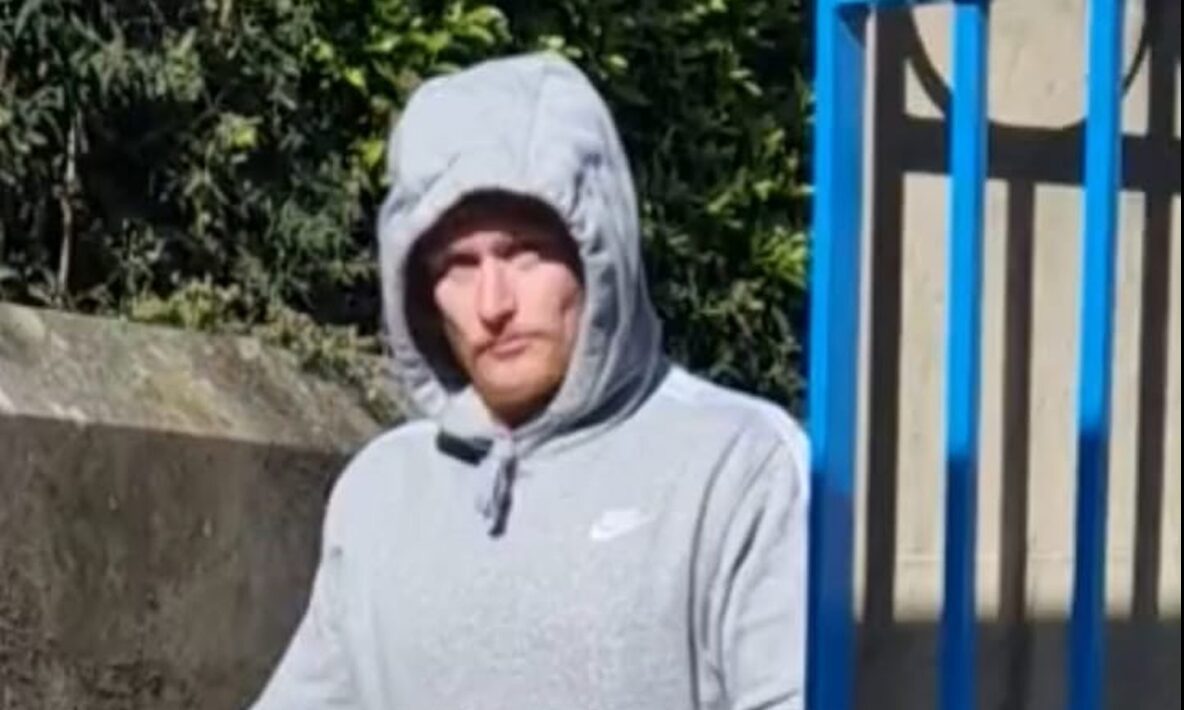A video game developed by Abertay University is being used to train police on how to tackle cybercrime.
The game, developed by the university in conjunction with Droman Crime Solutions and Police Scotland, has already been tested by nearly 100 officers.
It teaches officers how to deal with cybercrime and has already featured on BBC 1’s Crimewatch TV show.
The game can be played on tablets, smartphones or desktop computers and allows the users to interact with a virtual environment.
They must then make decisions about what legislation and police powers they can employ to pursue the case.
It also teachers officers how to recognise different networked and isolated digital devices then record vital evidence that could be lost if the device is not handled correctly.
Players also learn when to call for more expert support and how to provide advice to the victims of cybercrime.
The game can also be quickly updated to keep up with any changes in technology.
Backing form the Scottish Funding Council’s Interface scheme allowed Droman to spend more than a year working on the project with Abertay and Police Scotland.
Droman chairman Paddy Tomkins said: “When we started out project with Police Scotland to develop an innovative approach to training over 12,000 police officers in how to deal with the fast growing and evolving challenge of cybercrime we also needed a partner from the university sector.
“Abertay University stood out, with its established reputation for reliability in advising the police on computer security and digital forensics, excellence in gaming technology and design, and a pragmatic attitude to business and intellectual property.
“The university, staff and students have been energetic, imaginative and fully engaged throughout our collaboration, with clear benefits for all parties.”
“Our aim is for this to become a long term relationship, boosting learning and employment opportunities for graduates.”
Abertay experts Dr Natalie Coull, Dr Ian Ferguson and Dr Iain Donald helped develop the prototype game along with former student team Hyper Luminal, which is now an independent studio.
Dr Coull said: “It’s great to see this game developing further and it has the potential to be of great assistance to thousands of police personnel who might be the first responding to an incident of cybercrime.”
